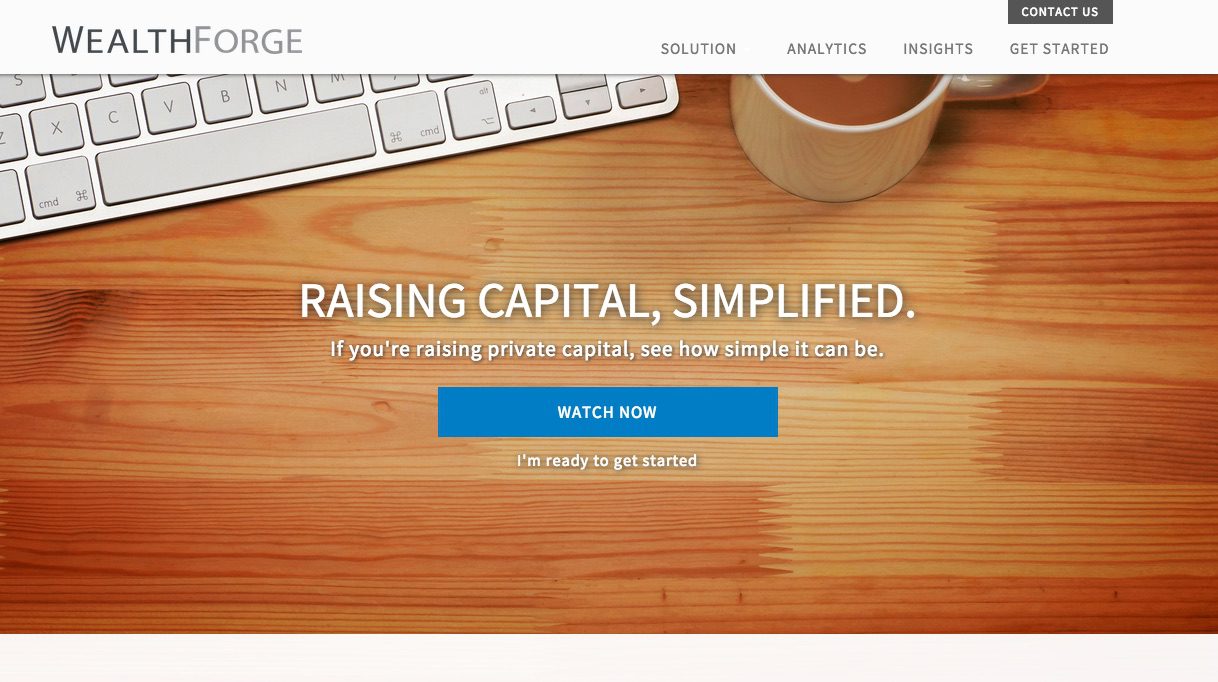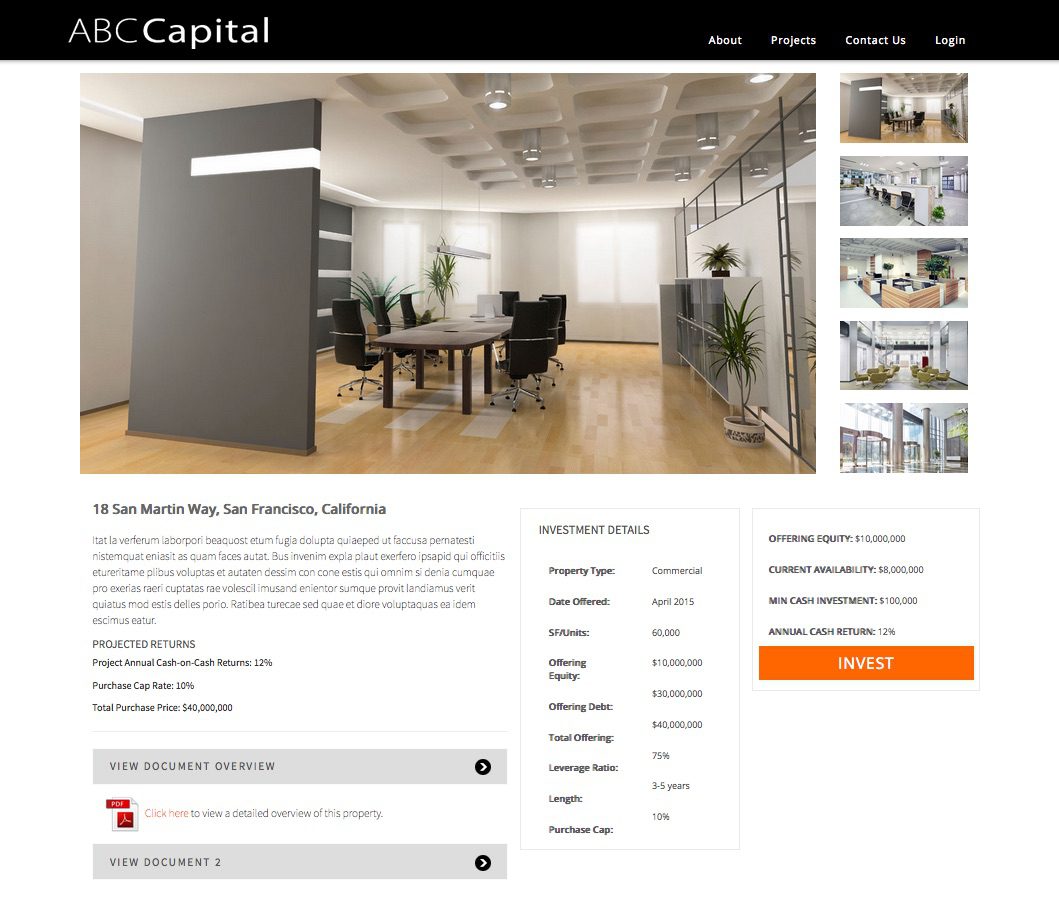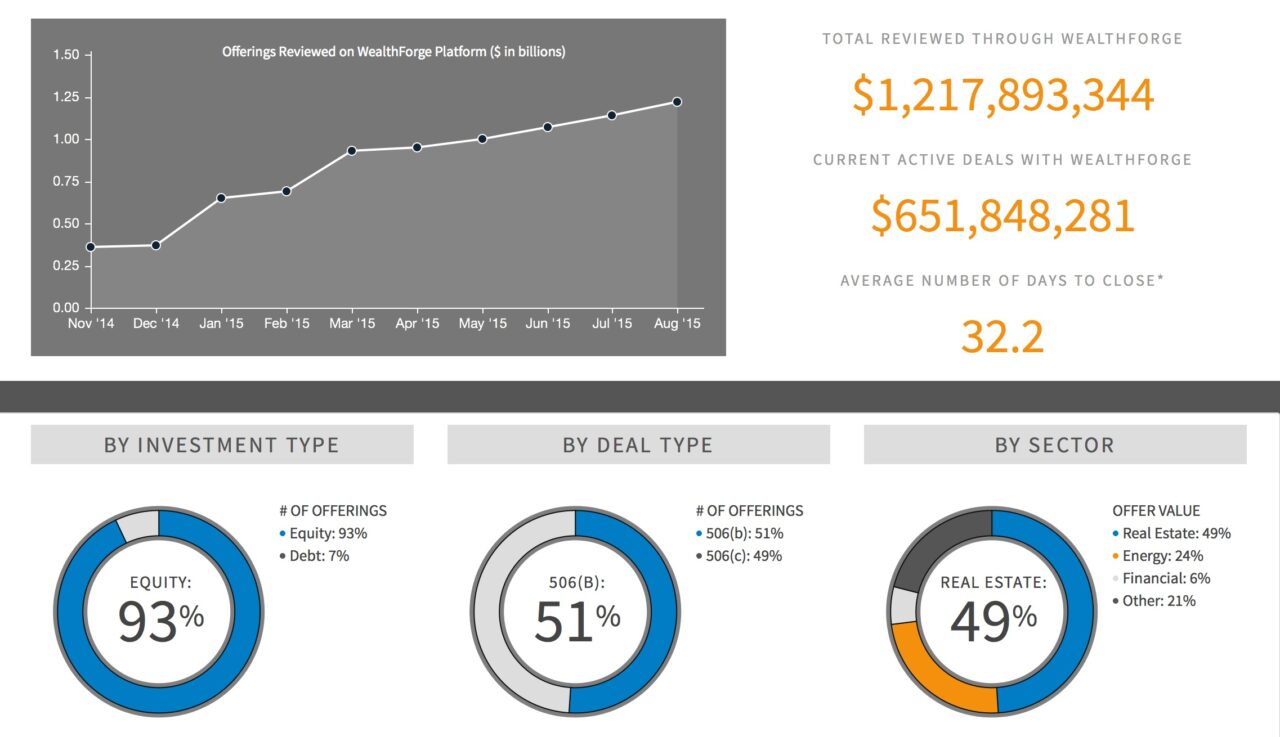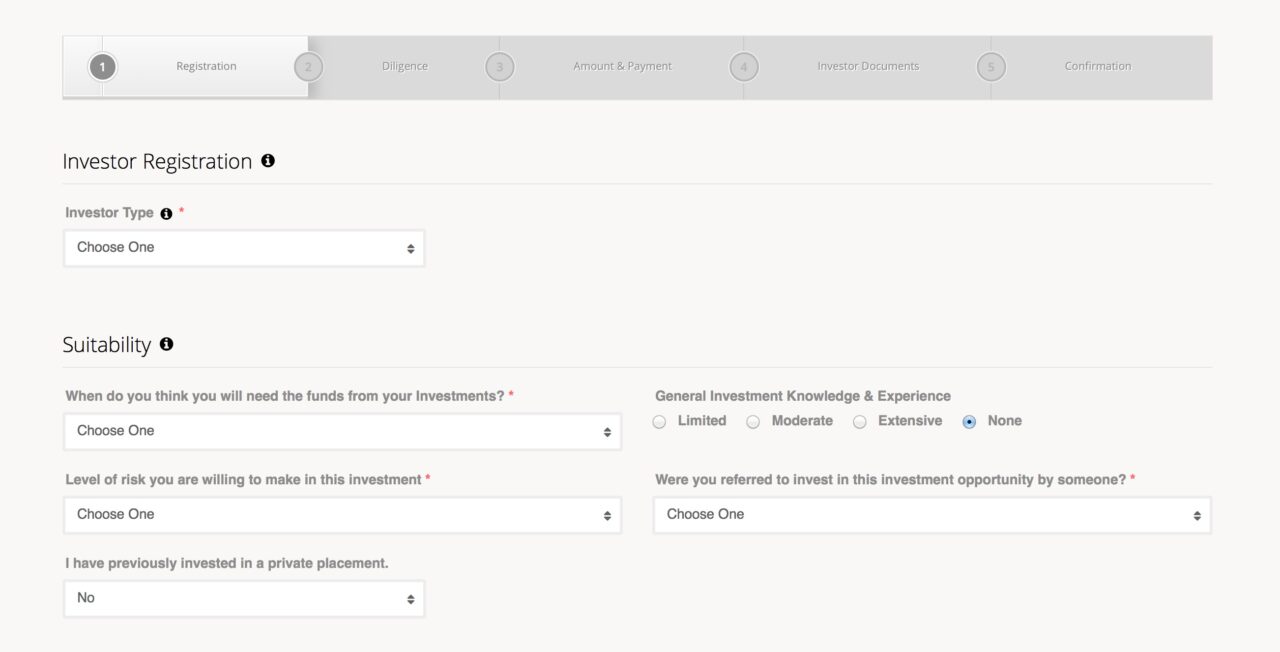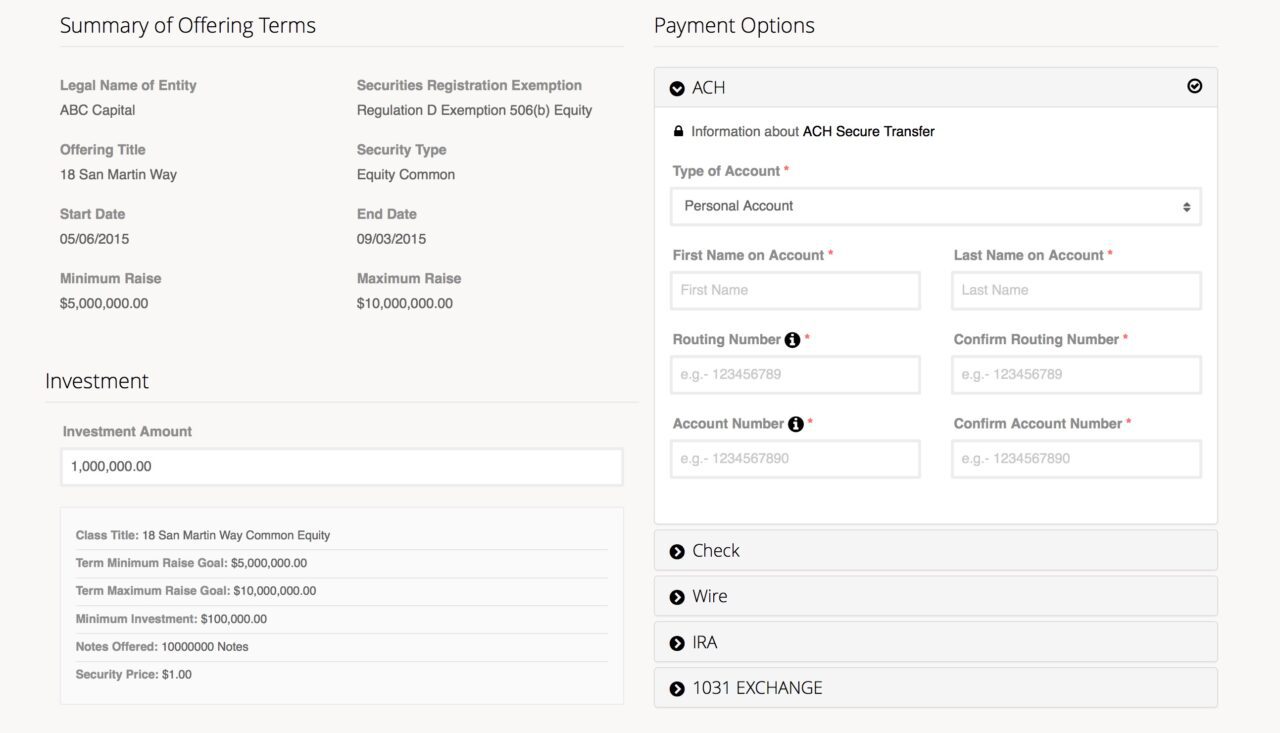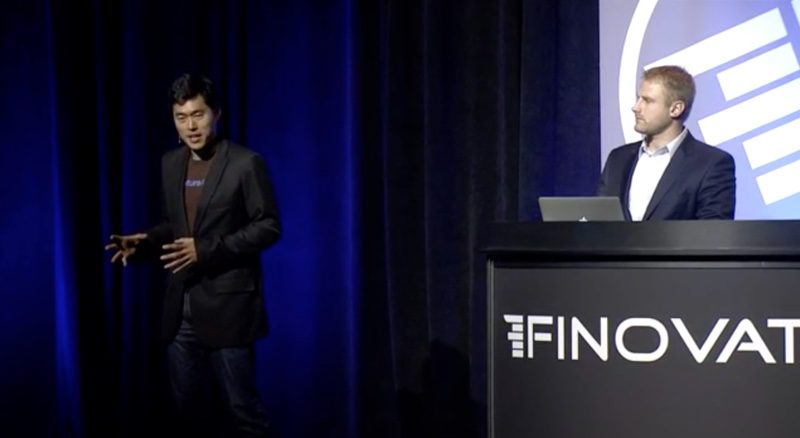 Dundings cooled down a bit over the record-setting pace of early August. But 15 companies still raised almost $150 million ($146.6 million including $2.5 million in debt) this week.
Dundings cooled down a bit over the record-setting pace of early August. But 15 companies still raised almost $150 million ($146.6 million including $2.5 million in debt) this week.
It was an especially lucrative week at the checkout counter in Europe as its two leading mPOS providers, iZettle ($67 million) and SumUp ($11.3 million), raised big rounds.
Three Finovate alums received large checks this week:
- FutureAdvisor, one of the early robo-advisers which had raised $24 million, was acquired by Blackrock for an undisclosed sum
- SumUp, the London mPOS provider, raised $11.3 million
- Socure, a social biometrics provider and FinovateFall 2015 presenter, raised $2.5 million in venture debt
August fundings ended up totaling $2.3 billion, almost a 6x increase over $410 million raised in August 2014. YTD, the fintech sector has raised $12 billion.
Here are the deals by size from 22 August through 28 August 2015:
iZettle
Mobile point-of-sale solution
HQ: Stockholm, Sweden
Latest round: $67 million Series D
Total raised: $181 million
Tags: Payments, mobile, point-of-sale, acquiring, merchants, SMB, hardware, mPOS
Source: Crunchbase
Freee
Automated online accounting
HQ: Tokyo, Japan
Latest round: $30 million Series C
Total raised: $47.2 million
Tags: SMB, small business, enterprise, accounts receivable/payable, payments, metrics
Source: Crunchbase
Nok Nok Labs
Authentication solutions
HQ: Palo Alto, California
Latest round: $16.3 million
Total raised: $47.8 million
Tags: Payments, security, ID verification
Source: FT Partners
SumUp
Mobile point of sale system
HQ: London, England, United Kingdom
Latest round: $11.3 million Series D
Total raised: $44.3 million
Tags: Payments, mobile, point-of-sale, acquiring, merchants, SMB, hardware, mPOS (investor), American Express (investor), Finovate alum
Source: Finovate
Able Lending
Debt crowdfunding platform for small businesses
HQ: Austin, Texas
Latest round: $6 million Series B
Total raised: $12.5 million
Tags: Lending, credit, underwriting, SMB, investing, loans
Source: Crunchbase
SelfWealth
Online tools for self-directed investors
HQ: Surrey Hills, Australia
Latest round: $4.3 million
Total raised: $4.3 million
Tags: Investing, wealth management, advisers
Source: Crunchbase
Socure
Social biometrics
HQ: New York City, New York
Latest round: $2.5 million Debt
Total raised: $7.2 million ($4.7 million equity, $2.5 million debt)
Tags: Security, SaaS, authentication, Finovate alum
Source: Finovate
MagicCube
Mobile transaction security
HQ: Sunnyvale, California
Latest round: $2.2 million Seed
Total raised: $2.2 million
Tags: Security, fraud, mobile, payments
Source: Crunchbase
PredictSpring
Ecommerce gateway
HQ: Los Altos, California
Latest round: $2.0 million
Total raised: $2.85 million
Tags: Payments, mobile, social media
Source: FT Partners
Chronicled
Blockchain-based system to prove ownership
HQ: San Francisco, California
Latest round: $1.4 million
Total raised: $1.4 million
Tags: Blockchain, assets, authentication, ID verification
Source: Crunchbase
TopCheck
Financial services price comparisons in Africa
HQ: Berlin, Germany
Latest round: $1.1 million
Total raised: $1.3 million
Tags: Lead generation, insurance, automobile
Source: Crunchbase
Angels Den
Equity crowdfunding
HQ: London, England, United Kingdom
Latest round: $1 million
Total raised: $1 million
Tags: Investing, P2P, equity, SMB, seed investing
Source: Crunchbase
ChartMogul
Payment analytics for small businesses
HQ: Berlin, Germany
Latest round: $900,000
Total raised: $1.5 million
Tags: Analytics, card processing, SMB
Source: Crunchbase
Crowdhouse.ch
Real estate crowdfunding platform for Switzerland
HQ: California
Latest round: $320,000 Seed
Total raised: $640,000
Tags: P2P, lending, mortgage, loans, peer-to-peer
Source: Crunchbase
Prepaid Online Systems (aka CashPinSafe)
Ecommerce payments
HQ: Kennesaw, Georgia
Latest round: $20,000 Angel
Total raised: $20,000
Tags: Payments, ecommerce, prepaid, cards
Source: Crunchbase
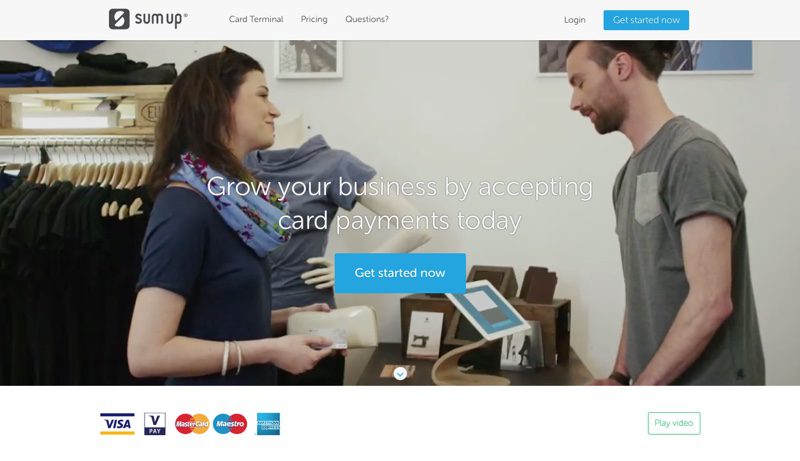


 Flybits
Flybits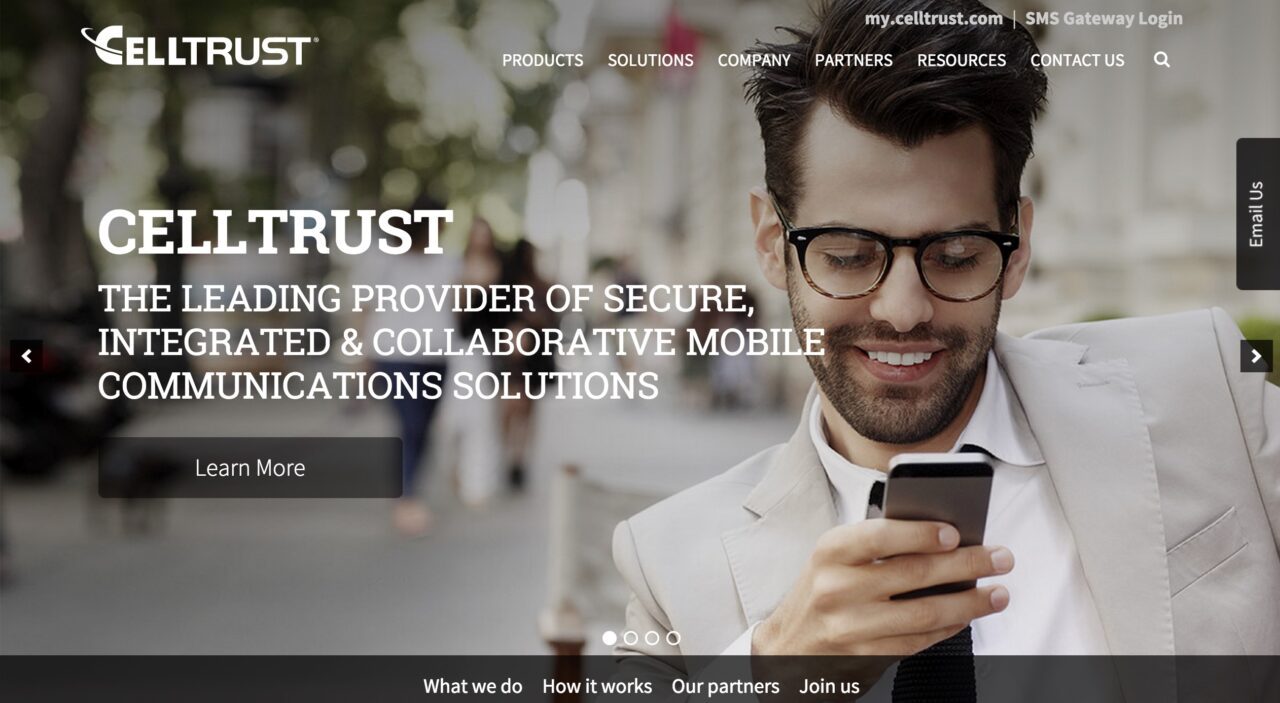
 CellTrust
CellTrust Presenters
Presenters Dragan Marceta, Director, Sales Engineering Marceta leads CellTrust’s technical support and sales engineering teams focusing on security and mobile device communication compliance.
Dragan Marceta, Director, Sales Engineering Marceta leads CellTrust’s technical support and sales engineering teams focusing on security and mobile device communication compliance.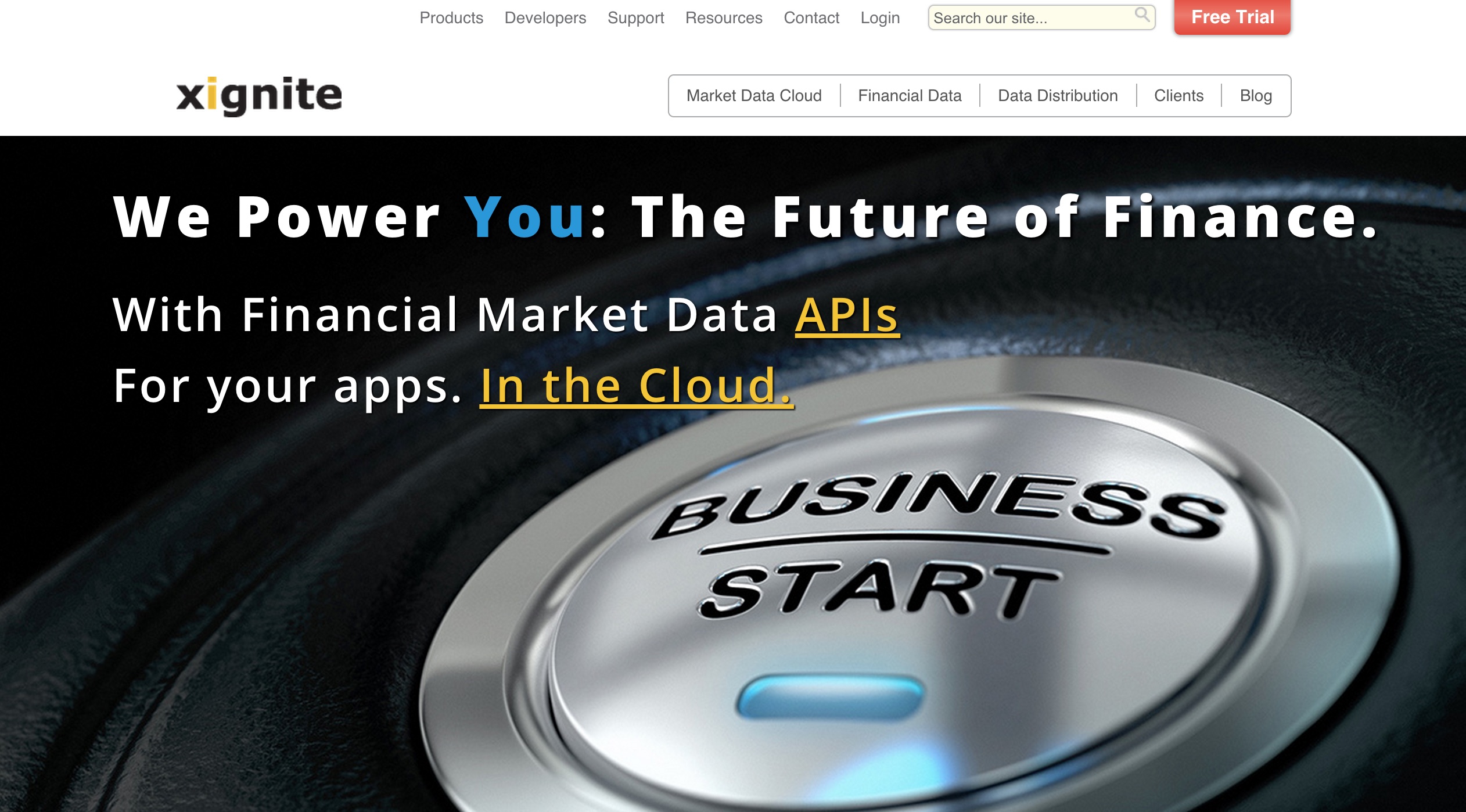
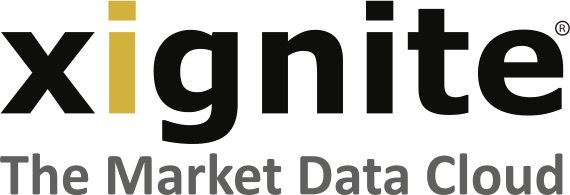
 Presenters
Presenters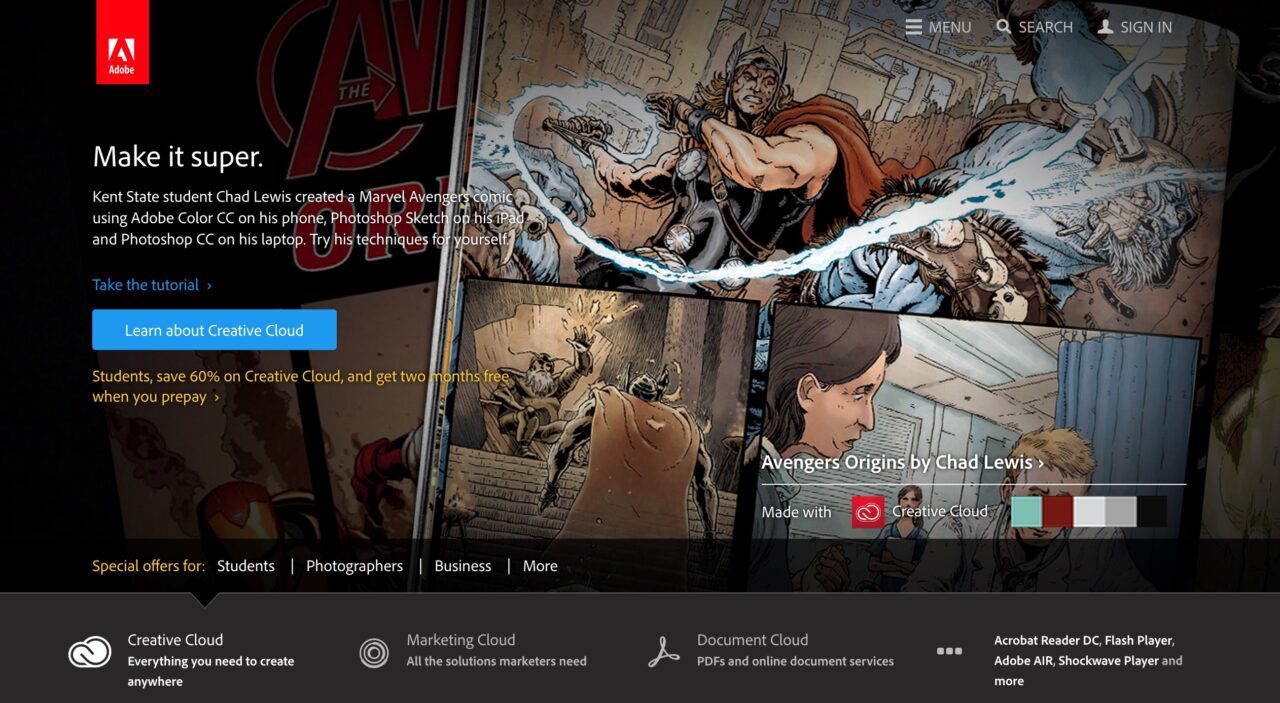
 Adobe
Adobe Presenters
Presenters Neal Wadhwani, Principal Solutions Consultant, Financial Services and Insurance
Neal Wadhwani, Principal Solutions Consultant, Financial Services and Insurance

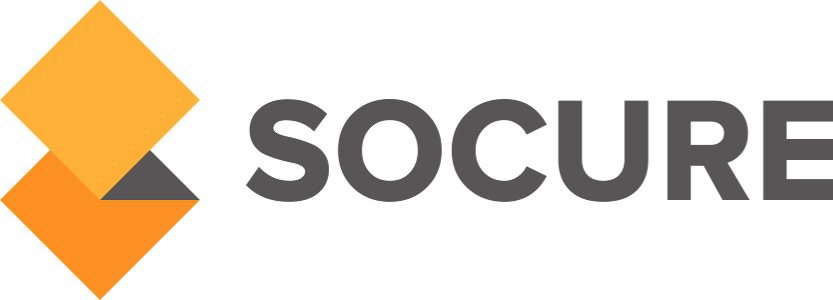 Socure
Socure